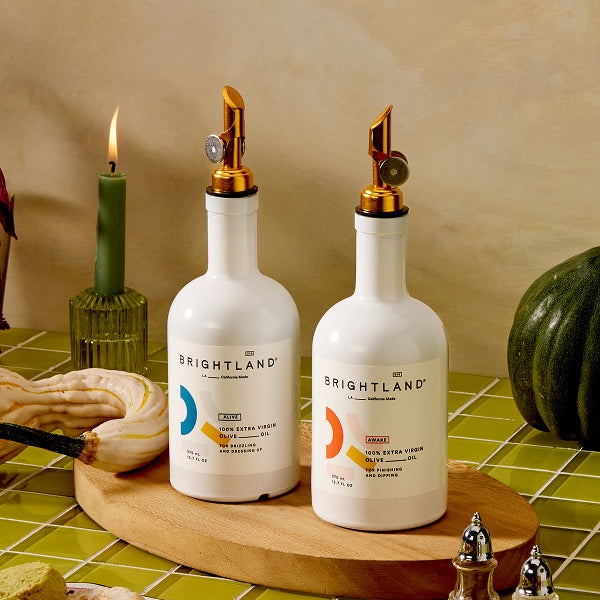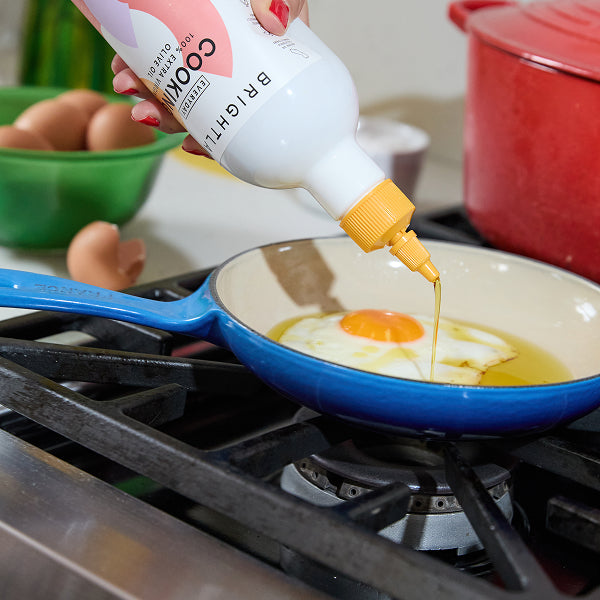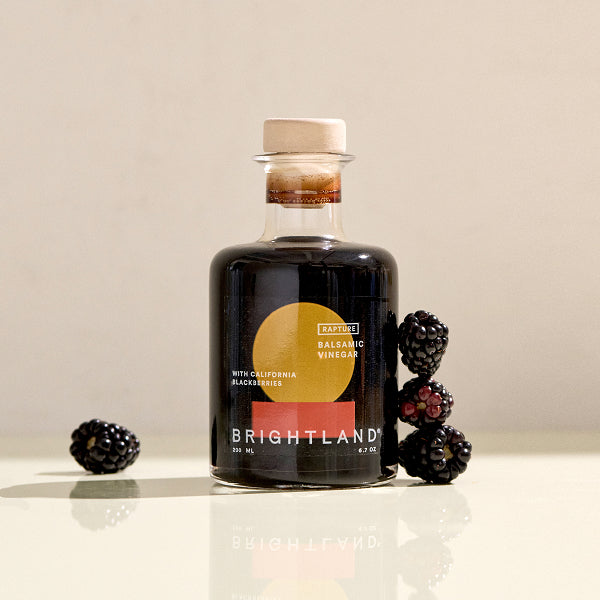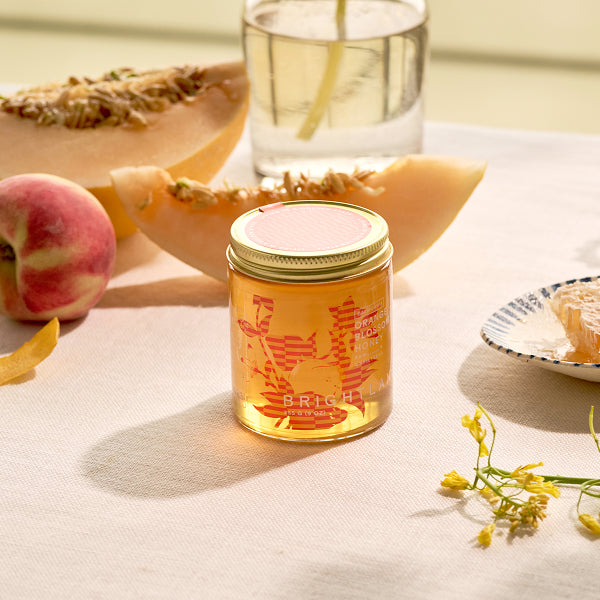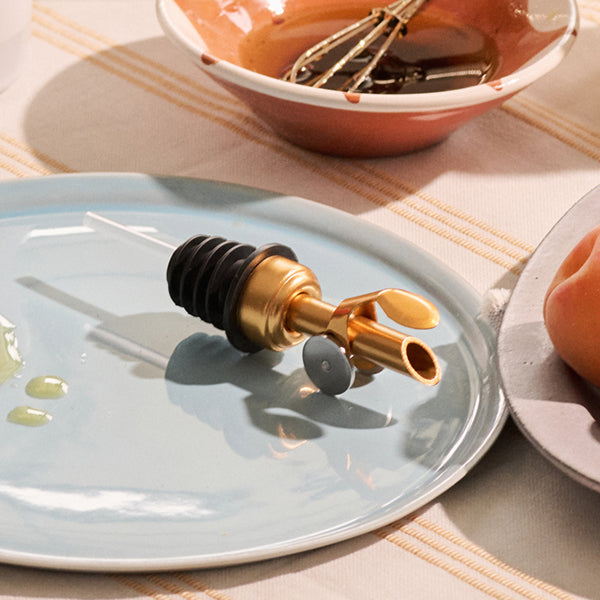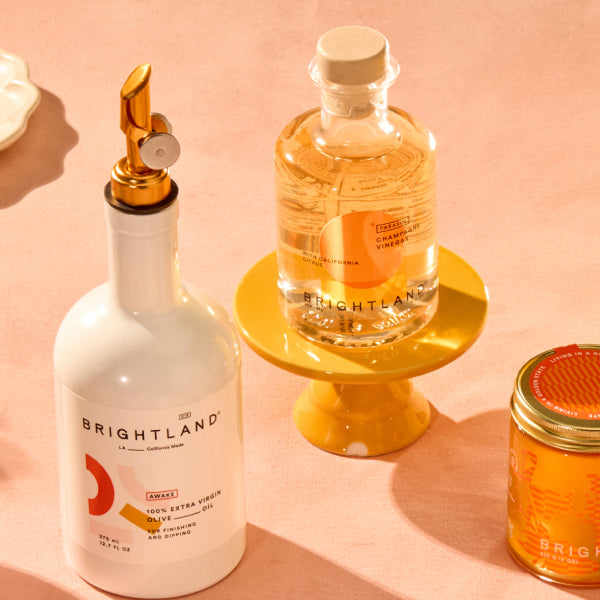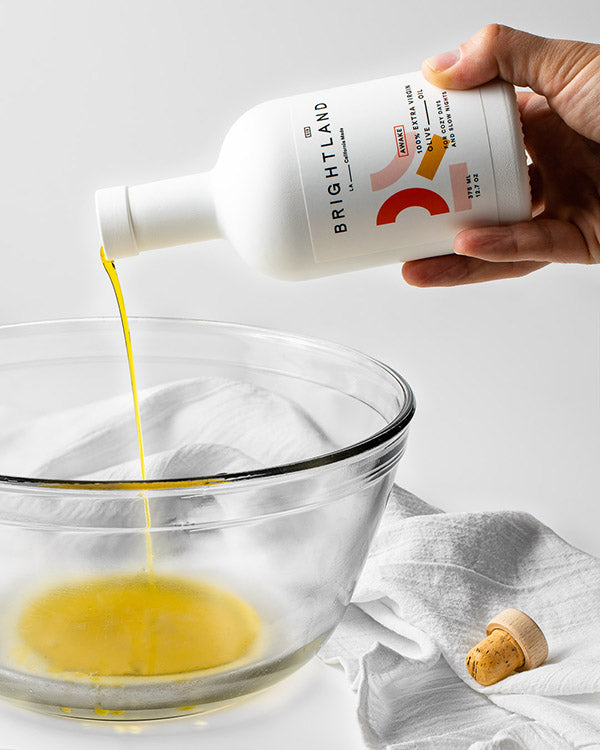[open type="rte"]
Butter and olive oil are two of the most common cooking fats. If you run out of one, you are likely to have the other on hand, leading many people to wonder: can you substitute olive oil for butter? And, more importantly, should you? In this quick guide, we will explain when and how to substitute olive oil for butter, and when you really do need to use butter without a substitution.
[close type="rte"][open type="images" small="true"]

[close type="images"][open type="rte"]
Can You Substitute Olive Oil for Butter?
The short answer is yes, you can substitute olive oil for butter — both of them are fats and usually serve the same role in a cooking or baking recipe. However, the art of substituting one for the other is a bit more complex than the short answer.
To start off, you need to consider the context in which the butter is being used. Generally, making substitutions in cooking recipes is more straightforward than baking recipes. For instance, if you are just using the butter to fry up some vegetables for a stirfry, then you can replace the butter with olive oil in a 1:1 ratio and it will not have much of an effect on the final recipe — if it changes it at all.
Baking is a bit of a different story because baking recipes are very precise and rely on not just the ingredients themselves, but also the texture and temperature. Replacing cold butter with room temperature olive oil can totally mess up your batter and result in a final bake that is the wrong texture.
Usually, olive oil is best used as a substitute for butter in baking recipes that call specifically for liquid butter. In these cases, olive oil should be substituted for butter in a 3:4 ratio by volume. So if the recipe calls for one cup of butter, then you would use ¾ cup of olive oil.
[close type="rte"][open type="rte"]
[close type="rte"][open type="rte"]
Why Substitute Olive Oil for Butter?
If you have run out of butter at home, then it obviously makes sense that you would want to use olive oil as a substitute. But what if you are well stocked with both butter and olive oil? Does it make sense to voluntarily substitute olive oil for butter when you have a choice between the two?
When comparing butter vs. olive oil, you first need to consider the sources. Because olive oil is derived from plants, it is suitable for vegan and vegetarian diets. Because butter is derived from animal milk fats, it is not acceptable for vegan diets.
Butter is also higher in the unhealthy saturated fats, while olive oil is higher in healthier monounsaturated and polyunsaturated fats. Extra virgin olive oil also contains additional nutritious compounds, such as polyphenols and antioxidants, that offer more health benefits.
Olive oil and butter have very different flavors, which will affect the taste of the final dish. Butter has more of a neutral flavor and blends into any cooking or baking recipes. Meanwhile, olive oil has a sharp taste that many people describe as being peppery or grassy. This taste can either enhance the flavor of the dish or clash with the other ingredients, depending on the individual recipe.
[close type="rte"][open type="images" small="true"]

[close type="images"][open type="rte"]
[close type="rte"][open type="rte"]
When Should You Substitute Olive Oil for Butter?
If you are not sure whether or not you should substitute olive oil for butter, here is a quick and handy guide to help you make a decision while cooking or baking:
- If you want the delicious and unique taste of olive oil to enhance the dish, reach for the olive oil.
- If the flavor and texture of the fat does not matter, choose olive oil since it is the healthier option.
- If the recipe calls for cutting cold butter into the batter or creaming room temperature butter into the batter, then you really will need to use butter.
- If you need a fat with a neutral flavor, go with butter.
[close type="rte"][open type="images" small="true"]

[close type="images"][open type="rte"]
Looking for a high quality olive oil to keep in your kitchen pantry? At Brightland, we sell delicious olive oil grown on family farms in California and ship them directly to your door. Browse our olive oil varieties or try out our olive oil gift set to sample multiple flavors at once.
[close type="rte"]

